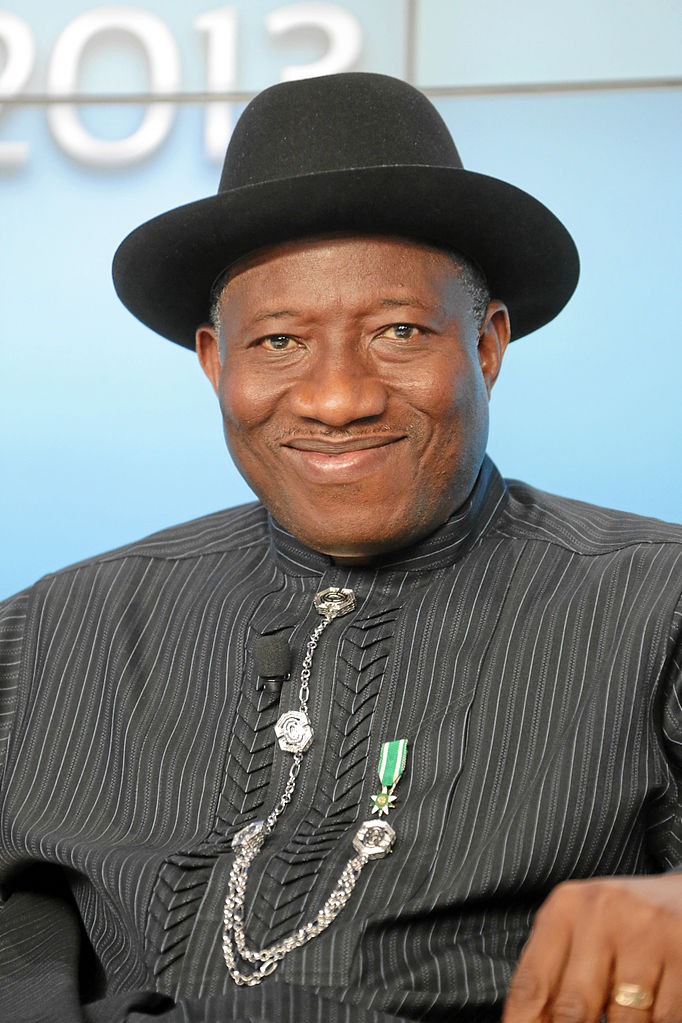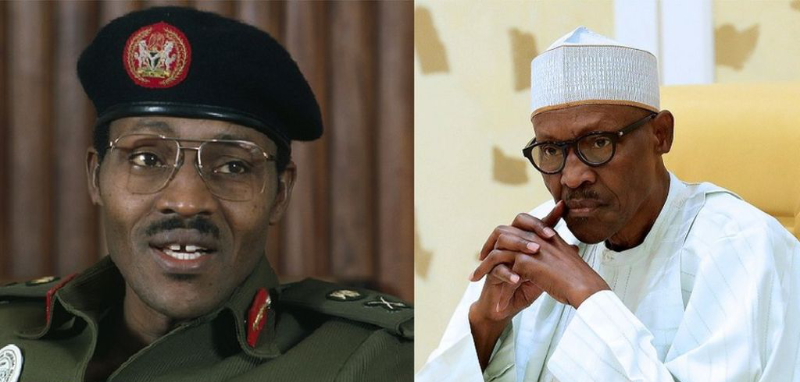Nigeria’s anti-corruption war nets more suspects
Published on 2015 July 28, Tuesday Back to articles
Goodluck Jonathan pictured at the 2013 World Economic Forum in Davos.
Politicians close to Nigeria’s former president, Goodluck Jonathan, continue to receive close scrutiny from anti-corruption agencies, this, according to Nigeria Politics & Security, is leading to insinuations that the former president may be the ultimate target of the probes.
The Economic and Financial Crimes Commission (EFCC) has invited more individuals who served under former president Goodluck Jonathan for interrogation over allegations of embezzling public funds. Kinglsey Kuku, the former special adviser on Niger Delta Affairs, has been asked by the EFCC to report to its offices on 28 July to answer allegations of embezzling amnesty funds running into billions of naira. Kuku is said to be in the US on a medical trip and has requested to be given a new date in September. Baraka Sani, a former special assistant on schools agriculture programme, was also questioned by the EFCC on 22 July, and later released over allegations that she diverted funds meant for the schools agricultural programme.
The scrutiny of close associates of former president Jonathan has led to the opposition Peoples Democratic Party (PDP) accusing the president of a witch-hunt and targeting the former president for political humiliation. Ayo Fayose, the PDP’s Ekiti State governor, said that so far, those who have been invited for questioning have been PDP members or those who have disagreed with the ruling All Progressives Congress (APC) leadership or the presidency, urging the government to continue its probe, but to stop being selective.
But Femi Adesina affirmed in a tweet on 25 July that former president Jonathan’s administration will be probed in order for the current government to take off properly. He also affirmed that the probe will not go beyond the former president’s administration. Considering that the previous administration was a PDP government, it is not too surprising that those being questioned – as Fayose has said – are PDP members.
There is clearly unease in former president Jonathan’s camp that he may be the eventual target of the current EFCC investigations, which has so far targeted those who worked closely with him. If, eventually, he becomes the target of any probe, it may have security implications in Nigeria’s oil producing Niger Delta. Ethnic affiliation sentiments remain very strong in Nigeria and Jonathan’s kinspeople may consider it a targeted attack if the former president is ever arrested over charges of corruption, whether proven or not.



